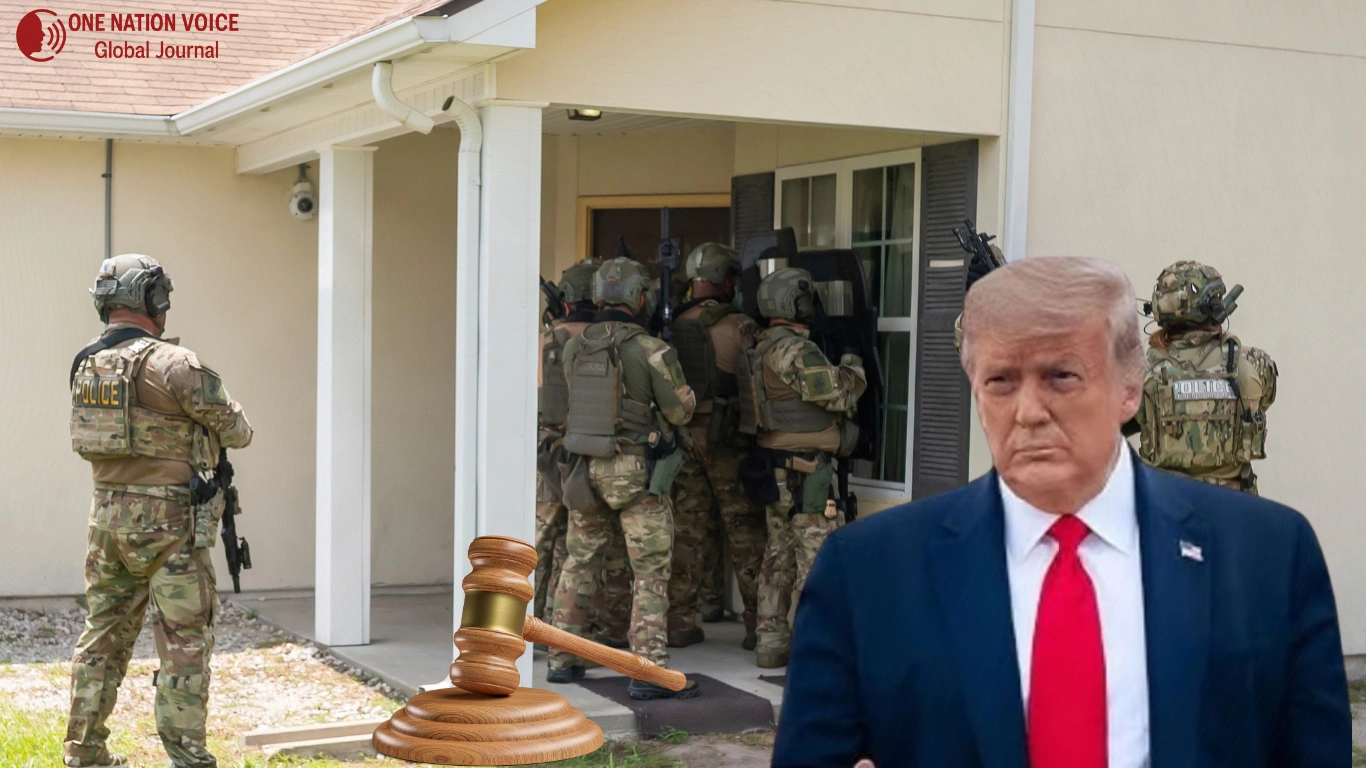Donald Trump’s mass deportation effort faces setback in US Federal Court

WASHINGTON: A U.S. federal judge has temporarily blocked the Trump’s administration from carrying out speedy deportations of undocumented migrants detained in the interior of the United States.
The decision marks a significant setback for Donald Trump’s deportation plan, which aimed to expand the use of expedited removal to quickly deport migrants without giving them a chance to appear before a judge.
The ruling
Judge Jia Cobb issued the 48-page ruling on Friday, arguing that the administration’s expanded approach risked violating due process rights.
“In defending this skimpy process, the Government makes a truly startling argument: that those who entered the country illegally are entitled to no process under the Fifth Amendment, but instead must accept whatever grace Congress affords them,” she wrote. “Were that right, not only noncitizens, but everyone would be at risk.”
Her order does not strike down the expedited removal statute itself but halts its broader use inside the country’s interior, where many migrants had previously not been subject to this fast-track process.
Trump’s goal and DHS response
During his 2024 campaign, Trump promised to carry out 1 million deportations a year if reelected. Shortly after returning to office in January, the Department of Homeland Security (DHS) expanded fast-track removals to cover migrants who had been in the U.S. less than two years.
DHS responded sharply to the ruling, saying Judge Cobb’s decision “ignores the President’s clear authorities under both Article II of the Constitution and the plain language of federal law.” It added that Trump “has a mandate to arrest and deport the worst of the worst.”
Legal challenges
The move has triggered lawsuits by the American Civil Liberties Union (ACLU) and immigrant rights groups, who argue that such rapid deportations deny people fair hearings and risk wrongful removals.
Previously, expedited removal applied only to migrants stopped within 100 miles of the border who had been in the U.S. less than 14 days. The new policy extended this to a much larger population living in the country’s interior.
Judge Cobb, nominated by President Joe Biden, also recently blocked the administration’s attempt to use expedited removal against immigrants who entered legally under humanitarian parole. She stressed that “prioritizing speed over all else will inevitably lead the Government to erroneously remove people via this truncated process.”
Background
The immigration policy of the United States Wikipedia has long been contested, with courts frequently intervening to balance enforcement with constitutional protections. Trump’s second-term agenda has reignited fierce debate over how far executive powers can stretch in handling immigration.
The ruling is expected to affect hundreds of thousands of migrants and could shape the broader national debate on immigration enforcement.
Published by One Nation Voice
For more in depth coverage, expert analysis, and exclusive visuals, visit One Nation Voice . Join the conversation, explore our archives, and be part of a global community shaping tomorrow’s headlines.
Follow One Nation Voice on X, LinkedIn, Instagram and Facebook for insights on business, finance and tech from Pakistan and across the world.











